Sausage Party, the R-rated animated film starring Seth Rogen as a horny hot dog, is this summer’s funniest movie. It’s also the most environmentally woke!
Just take the premise: Grocery store items discover that getting purchased isn’t a path to paradise, but rather, vicious death. Food preparation is cast as torture, cooking as murder. The only non-personified items in the market—pots, pans, cooking utensils—are tools of destruction. The film is a morality tale, preaching against overconsumption in the tradition of Food Inc. and Super Size Me.
We’ve been anthropomorphizing food since the ‘80s, when animator Will Vinton’s claymation California Raisins launched their career with a hit cover of Marvin Gaye.
“People were afraid [at the time],” Vinton said in April. “There was this unwritten rule in advertising: you don’t represent food as some sort of living and breathing thing.”
However, after the raisins’ breakthrough success, animating food to sell its own demise became normal; I grew up in a generation that gleefully consumed the suicidal self-promotion of Frosted Mini Wheats and Chips Ahoy! Sausage Party plays with this brand of advertising’s visual tropes, spoofing the genre’s (and our) lack of respect for its subjects: food. The film opens with a musical theater piece that could just as easily be a jingle, and characters have the same black-wire limbs and white gloves as the California Raisins and the M&Ms (another Vinton creation).
But the movie flips the script. Instead of casting food as hapless shills, it details the rational thought process of products about to be eaten—to paraphrase: “Shit!”—and the trauma caused by living with that knowledge. Heck, the mustard gets so depressed that he throws himself off a grocery cart before he has the chance to be bought and consumed.
The United States boasts an obesity rate that is double the industrial world average. This is true despite widely available investigations into how corporate agribusiness and processed foods are driving the trend. Instead of statistics and secret footage, Sausage Party offers an alternative reason for self-reflection: Overconsumption destroys not just our lives, but the “lives” of our food products. After all, who really wants to be a processed sausage when you could be a humanely-raised steak? Or better still, a juicy, organic tomato?
The premise of the story revolves around truth-telling—a noble hot dog set on warning his fellow food products about the horrors that await them in the hands of humanity. But in the case of food, we’re often our own worst enemies. Is Sausage Party’s curse-laden horror at consumption in America simply a projection of what we should all be feeling about the state of our food system? It seems that just a quick scan of our eating landscape is deserving of at least a few well-placed swear words.
“No one will believe you,” Firewater, the wizened advice-giver amongst the film’s non-perishables, tells Frank, when he sets off to warn his fellow foodstuffs about their cruel and certain demise. The same could be said for progressive food activists, nutritionists, writers, politicians—are we really listening to them?
“I have to try,” Frank replies. “Everyone will die otherwise.”
As obesity and its side effects continue to claim American lives, the sentiment rings painfully true.
Without spoiling too much, the story ends with revenge—something like a warning shot to humans who refuse to rethink their diet. But the scene is a fantasy. After all, as Firewater says, “Hunger is insatiable, man.”








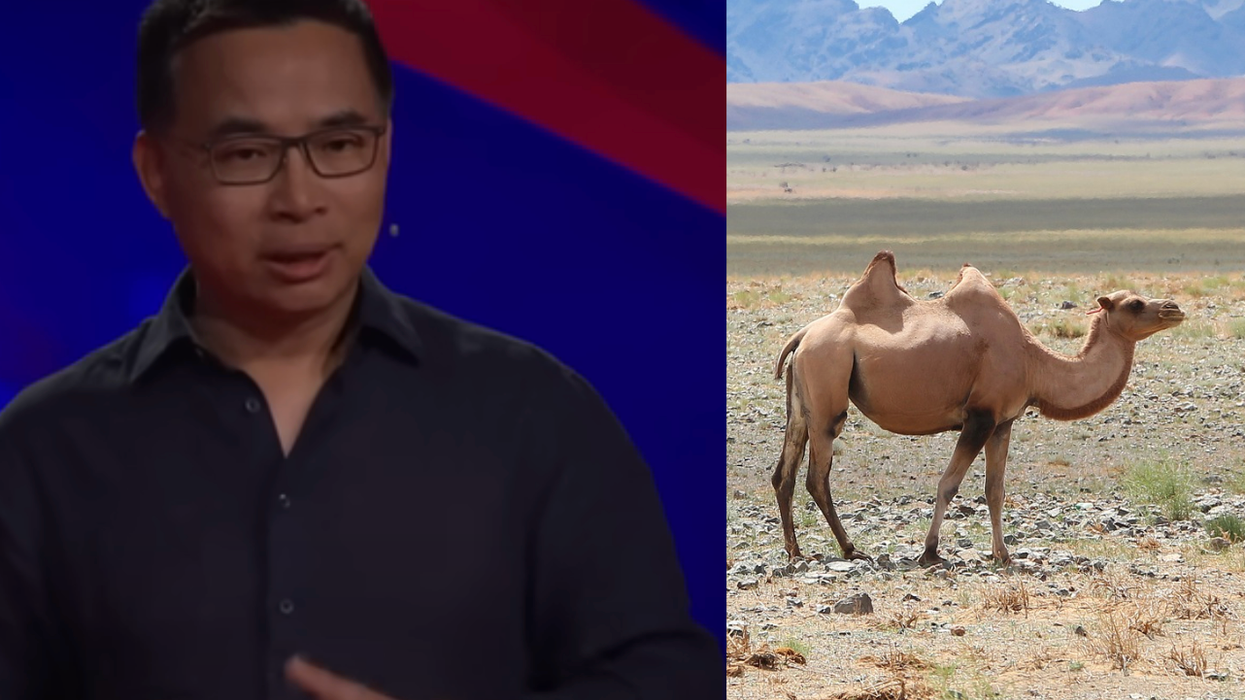
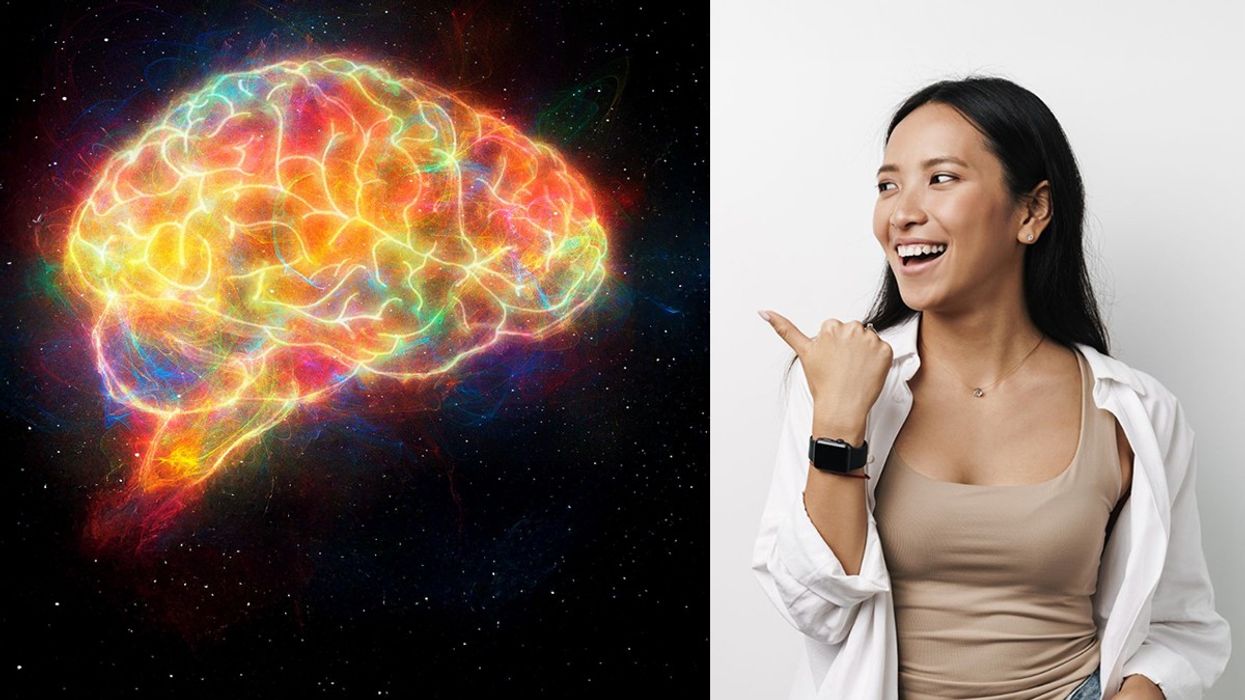




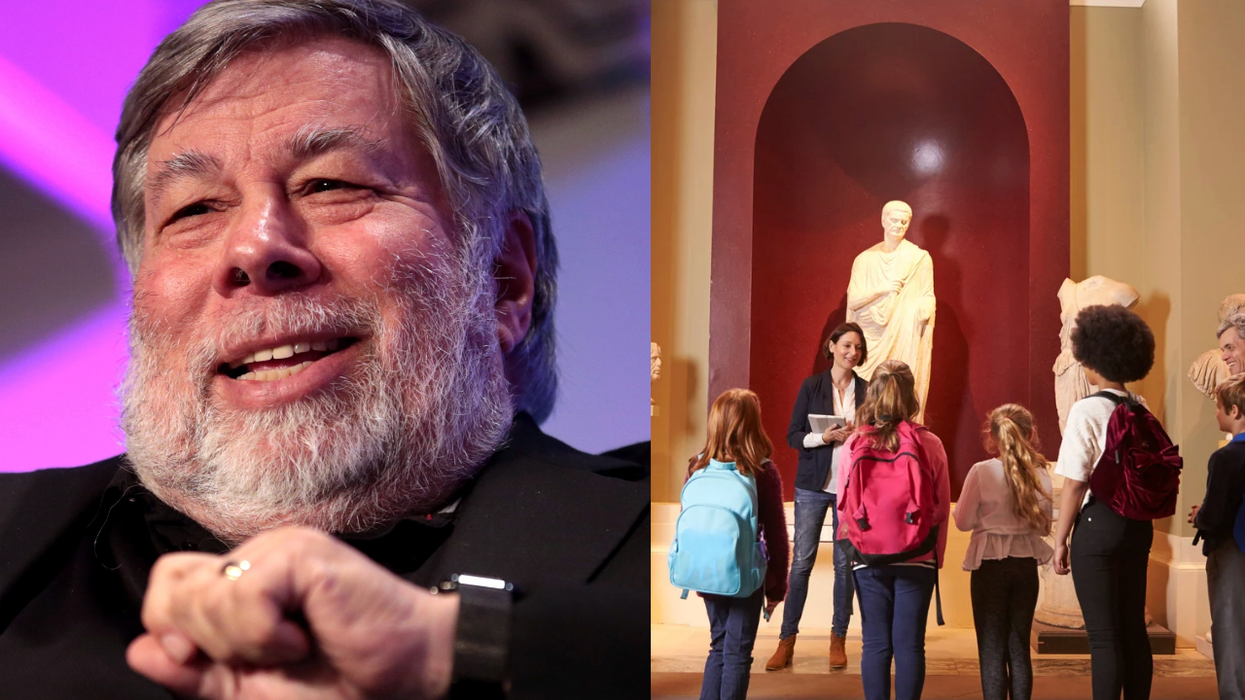

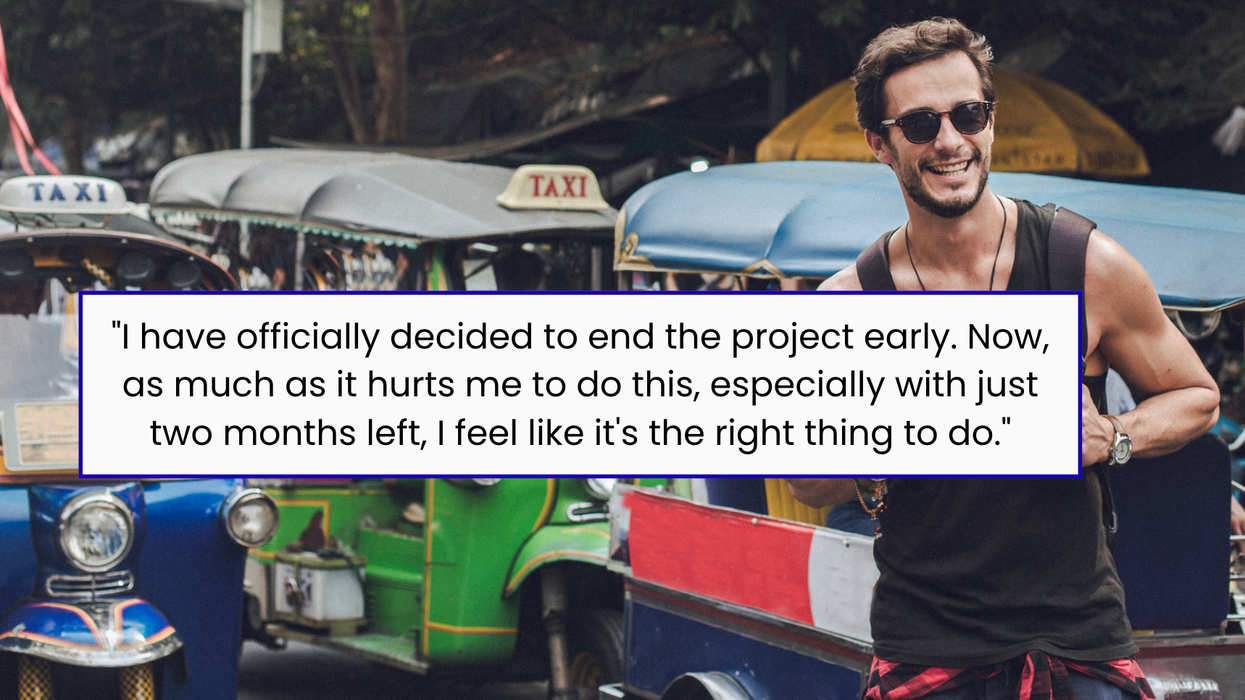
 An RV roams the countrysideCanva
An RV roams the countrysideCanva
 A group of young dancers line upCanva
A group of young dancers line upCanva A woman with a skin condition looks at her armCanva
A woman with a skin condition looks at her armCanva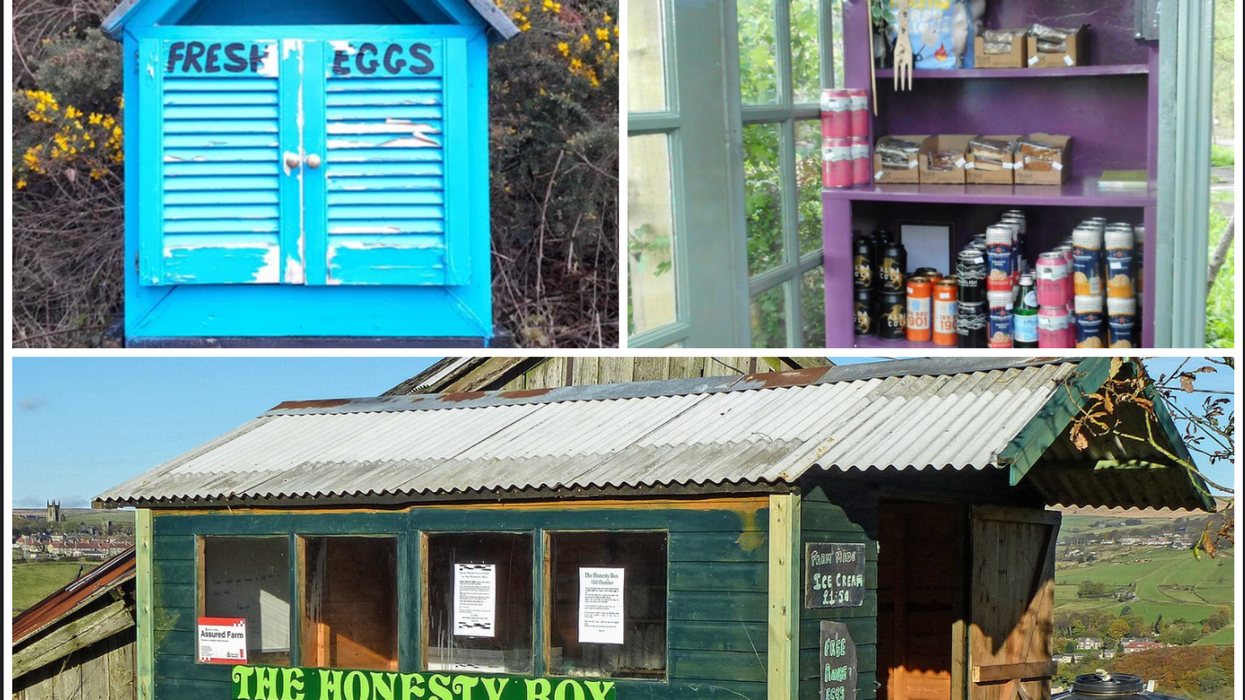
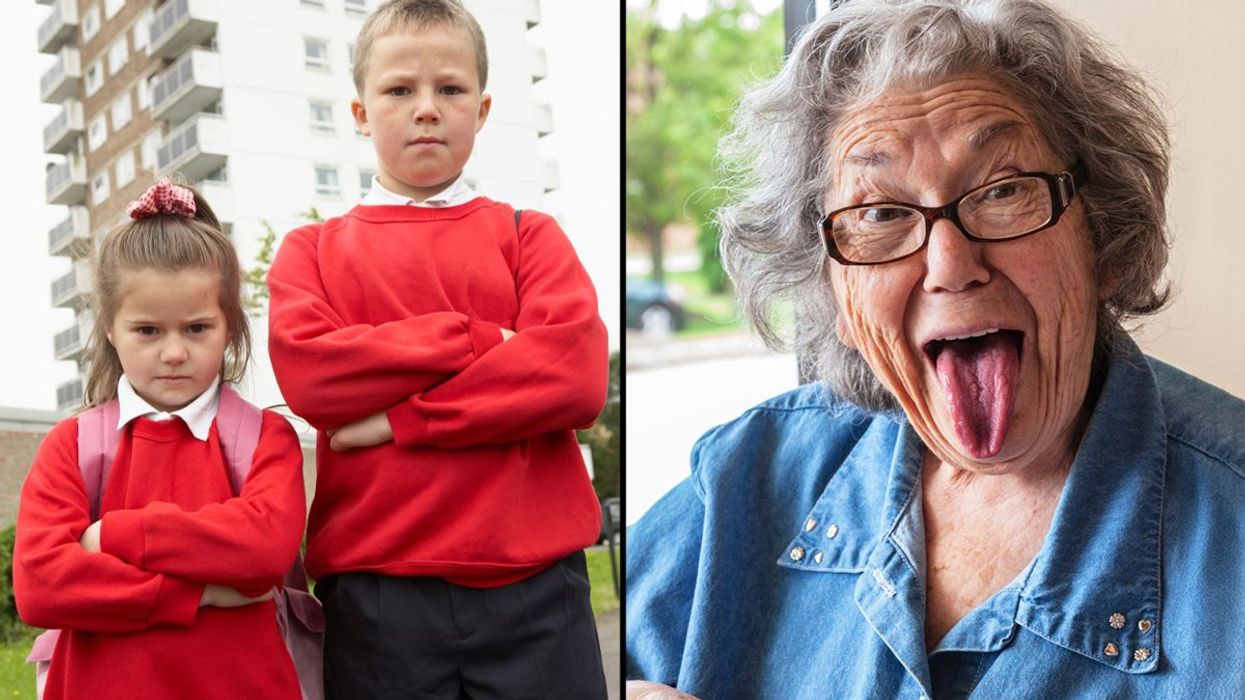
 Students at a table.Image via
Students at a table.Image via 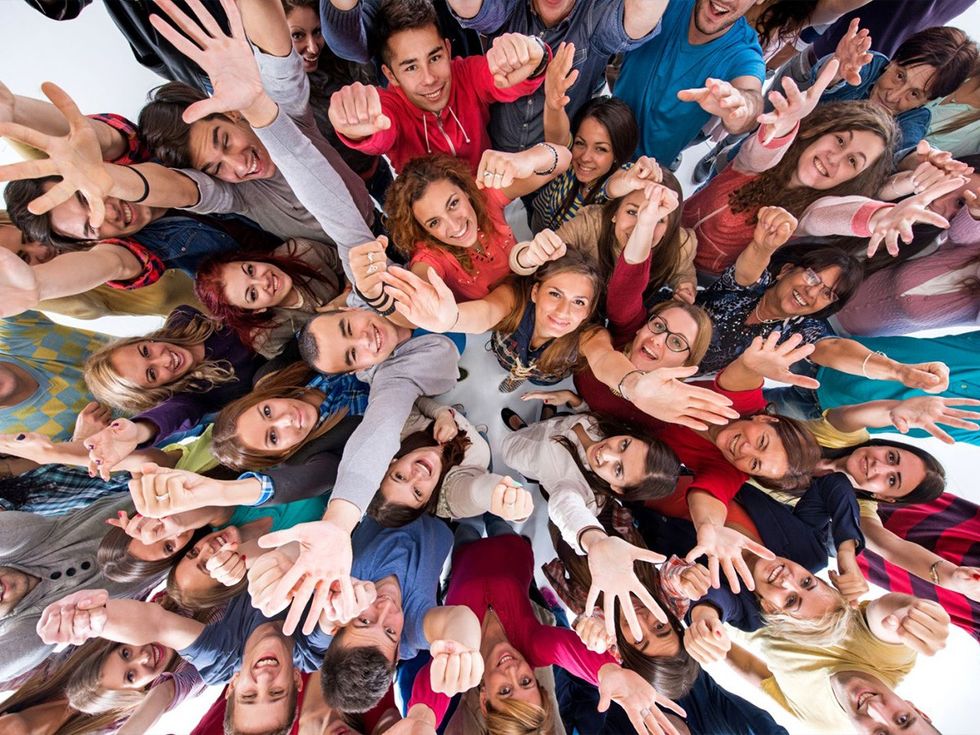 Cheerful group of mixed-age people.Image via
Cheerful group of mixed-age people.Image via  Cool Boomer.Image via
Cool Boomer.Image via 
 An envelope filled with cashCanva
An envelope filled with cashCanva A server takes an orderCanva
A server takes an orderCanva A wait staff hangs out between shiftsCanva
A wait staff hangs out between shiftsCanva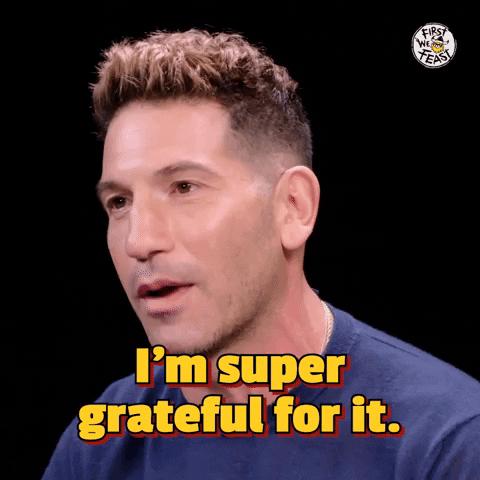 Grateful gif
Grateful gif 